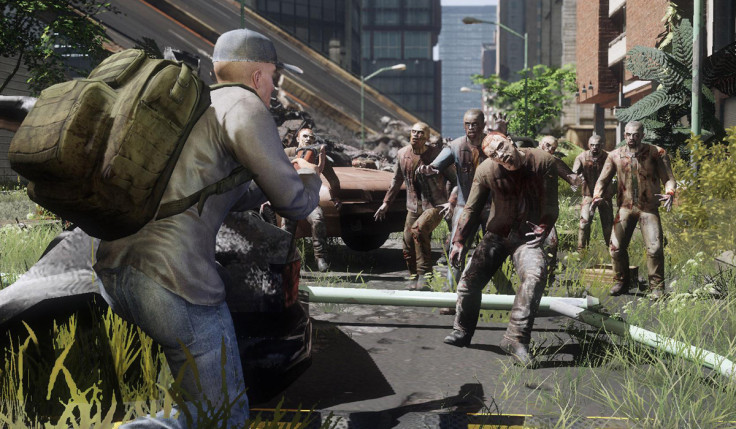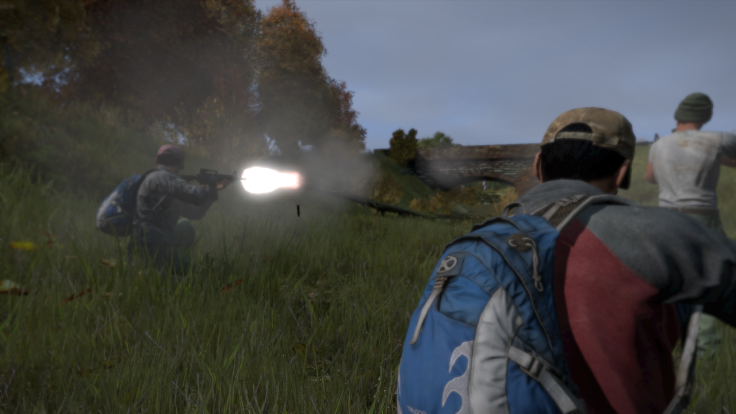DayZ: University professor explains how zombie survival game can prepare us for the apocalypse

What would you do in a zombie apocalypse? Try to save loved ones? Gather weapons for a last stand? Go to the Winchester and wait for it all to blow over? It's a regular topic of discussion among friends around the world, because as a phenomenon zombies are here to stay.
There always seems to be at least one zombie video game occupying the sales chart (currently there are two – Dying Light and Zombie Army Trilogy) and over the years many have become pop culture sensations, but what can they tell us about a real life zombie scenario?
Matthieu Guitton an associate professor of medicine at Laval University in Quebec, Canada has studied the human responses and expressions of guilt in gamers playing DayZ – Dean Hall's one-time Arma 2 mod, and now a stand-alone game being developed by Bohemia Interactive and in early alpha testing on Steam.
Speaking to New Scientist he explained how. "It's a survival game set in a post-apocalyptic, zombie-infested country. Players have to find food, weapons or medical supplies while their lives are under constant threat from zombies or hostile players.
"Unlike in a lot of games, when your character dies in DayZ, it stays dead. If you want to continue playing, you have to start from scratch in a random place with none of your previously gathered gear. When you've invested time in your character, you don't want it to die, so you don't mess around – just like in a real situation."

Why study human response to a video game though? Guitton explained: "You can't go into the middle of a real-life disaster area and ask people: 'What are you doing? How do you feel?' They're too busy trying to survive. And in the aftermath of an event, it's difficult to ask survivors questions like: 'Did you betray other people or let them die so that you could survive?' Ethical considerations aside, you can't be sure they would tell you the truth. Immersive virtual worlds provide ways to test human behaviour in controlled 'life-threatening' situations."
New Scientist then asked how Guitton carried out the study. "We go into the game and look at what they're doing in real time, interview them, or read about their experiences in DayZ's forums. Betrayal and selfish behaviour are common. Players sometimes express guilt, or ask on forums whether their actions were justified or ethical, leading to many conversations about ethics and behavioural norms."
Guitton's study - Surviving at Any Cost: Guilt Expression Following Extreme Ethical Conflicts in a Virtual Setting - can be read in full here.
© Copyright IBTimes 2025. All rights reserved.



















